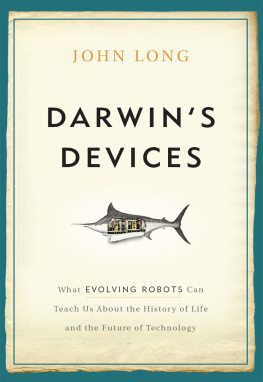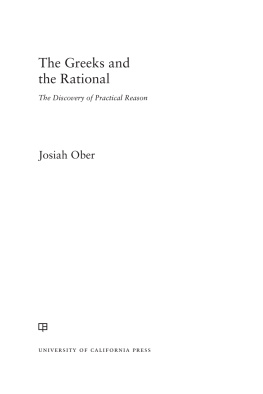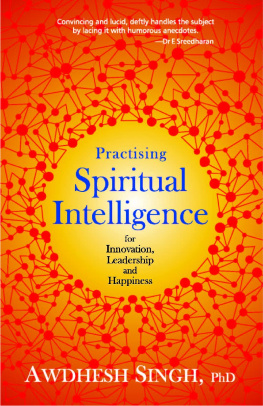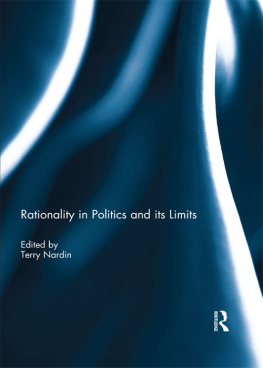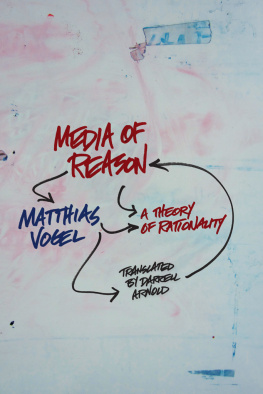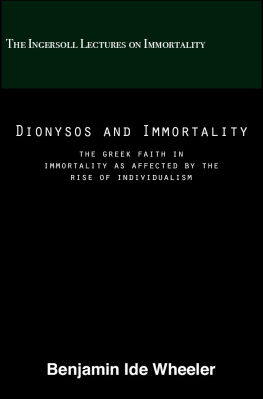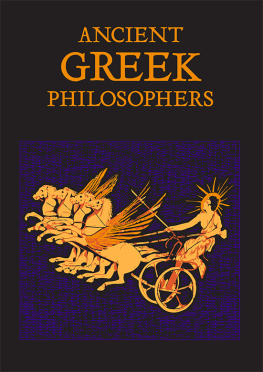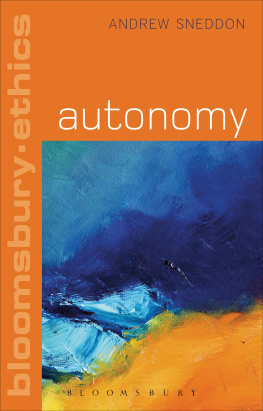Long - Greek Models of Mind and Self
Here you can read online Long - Greek Models of Mind and Self full text of the book (entire story) in english for free. Download pdf and epub, get meaning, cover and reviews about this ebook. City: Cambridge;Mass, year: 2015, publisher: Harvard University Press, genre: Religion. Description of the work, (preface) as well as reviews are available. Best literature library LitArk.com created for fans of good reading and offers a wide selection of genres:
Romance novel
Science fiction
Adventure
Detective
Science
History
Home and family
Prose
Art
Politics
Computer
Non-fiction
Religion
Business
Children
Humor
Choose a favorite category and find really read worthwhile books. Enjoy immersion in the world of imagination, feel the emotions of the characters or learn something new for yourself, make an fascinating discovery.

Greek Models of Mind and Self: summary, description and annotation
We offer to read an annotation, description, summary or preface (depends on what the author of the book "Greek Models of Mind and Self" wrote himself). If you haven't found the necessary information about the book — write in the comments, we will try to find it.
Long: author's other books
Who wrote Greek Models of Mind and Self? Find out the surname, the name of the author of the book and a list of all author's works by series.
Greek Models of Mind and Self — read online for free the complete book (whole text) full work
Below is the text of the book, divided by pages. System saving the place of the last page read, allows you to conveniently read the book "Greek Models of Mind and Self" online for free, without having to search again every time where you left off. Put a bookmark, and you can go to the page where you finished reading at any time.
Font size:
Interval:
Bookmark:
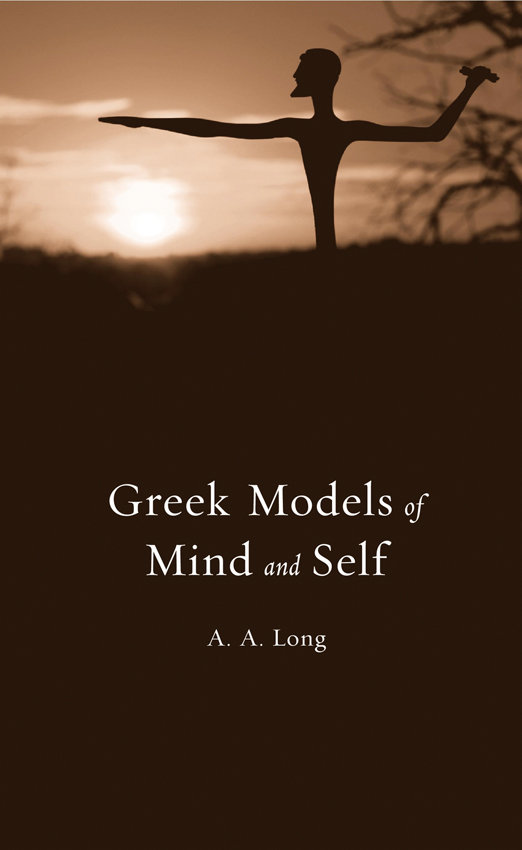
REVEALING ANTIQUITY 22
G. W. BOWERSOCK, GENERAL EDITOR

of MIND and SELF

Cambridge, Massachusetts
London, England
2015
Copyright 2015
by the President and Fellows of Harvard College
ALL RIGHTS RESERVED
Cover art: Thinkstock
Cover design: Marcus Ferolito
The Library of Congress has cataloged the printed edition as follows:
Long, A. A.
Greek models of mind and self / Anthony A Long. First [edition].
pages cm. (Revealing antiquity ; 22)
Includes bibliographical references and index.
ISBN 978-0-674-72903-2 (alk. paper)
1. Mind and body 2. Philosophy of mind. 3. Self (Philosophy) 4. Soul. 5. Philosophy, Ancient. I. Title.
B105.M53L66 2014
128.0938dc23 2014009937
For Monique, as before
- 1.
- 2.
- 3.
- 4.
- 5.
THIS BOOK IS based on lectures that I gave at Renmin University, Beijing, in May 2012. The university had recently established a biennial series of six master classes on ancient philosophy, and I had the great honor to be invited to deliver the second set of these. This was my first visit to the Peoples Republic of China. It was a thrill to have the opportunity of sharing my enthusiasm for Greek thought with the scholars and students of Renmin, and also with audiences at other Chinese universities, including Zhejiang, Fudan, and the University of Shanghai.
I drafted my lectures specifically for these occasions, but their topic, ancient Greek models of mind and self, has engaged me closely throughout my life as a teacher and scholar. Decades ago I undertook to write a book with this title for Harvard University Press. Over the years I published a large number of articles on the subject in specialist journals, but the book itself eluded me. More than once I started to fulfill my old contract, but the complexity and scope of the subject were too daunting for me to complete the project. I had always wanted to present the material in ways that could engage a general audience, but successful books of that kind are much harder to write than learned monographs where an author can assume a good deal of background knowledge.
Renmin Universitys invitation gave me the opportunity and the incentive to try to overcome these scruples, and to honor my long-overdue obligations to Harvard University Press. This book is the result. It is a very small production, much smaller than I had projected years ago. It would be possible to write large volumes on each of my chapters topics, and be equally expansive on related themes that I barely mention. But the smallness of the book may contribute, I hope, to its effectiveness. I have written it not for scholars but for anyone who is curious to explore the Greek genealogy of our western and, I dare say, cross-cultural language and thought about the mind and the self. I have written the book, moreover, not as a comprehensive survey of the field, but rather as a set of studies of the five topics indicated in my chapter headings. This selectivity will, I trust, give readers new to the material sufficient detail and depth to make their own explorations with the help of the further readings I supply. A Chinese-language version of the book will be published by Peking University Press.
Many ancient authors, poets as well as philosophers, make their appearance here. Three of these predominate. They are Homer, Plato, and Epictetus, comprising ancient Greeces earliest and greatest poet, the cultures greatest philosopher, and the most accessible of Stoic philosophers, who spent his early life as a Roman slave. Chronologically the book ranges over a period of close to a millennium, but chronology and historical change are not my main focus. As I explain in the Introduction, what principally interest me are not scientific facts about the mind, supposing such truths to be accessible and demonstrable, but salient ways of describing and prescribing the way we experience, or might like to experience, the world and ourselves. The Greeks did not discover the mind, but they made a huge contribution to formulating the language and concepts of mind. That pertains, or so I will argue, no less to the epic poetry of Homer than it does to the explicit theories of Plato, Epictetus, and others. My conclusion, if such a grand word is applicable to so small a book, is a recommendation to assess the mind models not comparatively, as if one model gets it right and the others not, but experientially, so as to judge their effectiveness at capturing and illuminating our own self-understanding and aspirations.
My warm thanks are due to many people, far more than I can name here. I should first mention Dr. Wei Liu of Renmin University. He masterminded my visit to Beijing and elsewhere in China, shepherding my wife and myself with extraordinary kindness. Among other Renmin scholars I am especially grateful to Professor Han Donghui, Associate Dean of the School of Philosophy, who issued my official invitation to give the master classes. Turning now to this book itself and to Harvard University Press, I thank Glen Bowersock for inviting me so long ago to contribute a volume to his Revealing Antiquity series. He could have nagged me over the years. Instead, he has generously welcomed the books belated inclusion in his series. The original suggestion for the book came from a good friend, Patricia Williams, who was then working as an editor for Harvard University Press. She was succeeded by Peg Fulton. Peg did all she could to revive my interest in this project when it flagged. Lindsay Waters, Executive Editor for the Humanities at the Press, encouraged me to publish the lectures in this form. His interest in the work has been critical to my completing it, and I am also very thankful to Lindsays editorial assistant, Shan Wang, for moving the project along. The two scholars who read my typescript for the Press sent me comments that have been extremely helpful in the process of turning the lectures into a book. I am also grateful to my copy editor, Karen Wise, whose queries and suggestions were always appropriate and frequently accepted.
Rather than generate a long list of scholarly helpers, which would be bound to fall badly short, I want to pay homage to three exceptional people, now alas deceased, to whom I feel especially indebted. David Furley, who introduced me to Greek philosophy at University College London, was an outstanding teacher. In writing this book I have constantly remembered his instruction to write a paper on Platos psychology without mentioning the word soul. When I joined the Berkeley faculty in 1983, it was very much with the support of Tom Rosenmeyer. He believed in this book, and I always benefited from his advice and example. Bernard Williams, during his all too brief time on the Berkeley faculty, was a wonderfully stimulating friend. My approach to Homer has much in common with his work. I am grateful to fellowship support I have received, especially as a member of the Wissenschaftskolleg zu Berlin in 19911992, and as holder of a Presidents Research Fellowship in the Humanities, of the University of California, in 19992000.
Turning to more recent times, I want to thank the many graduate students at Berkeley who have participated in seminars I have given over many years on topics related to this book. One of my current students, Derin McLeod, has helped me to compile some of the further readings I attach to the ends of chapters. Appropriately, perhaps, I applied finishing touches to the typescript in an East Asian context, as Distinguished Visiting Professor of Philosophy at the University of Hong Kong in the fall of 2013. At the final stage, Andrea Nightingale, with her inimitable insight, drew attention to some necessary adjustments.
Font size:
Interval:
Bookmark:
Similar books «Greek Models of Mind and Self»
Look at similar books to Greek Models of Mind and Self. We have selected literature similar in name and meaning in the hope of providing readers with more options to find new, interesting, not yet read works.
Discussion, reviews of the book Greek Models of Mind and Self and just readers' own opinions. Leave your comments, write what you think about the work, its meaning or the main characters. Specify what exactly you liked and what you didn't like, and why you think so.



